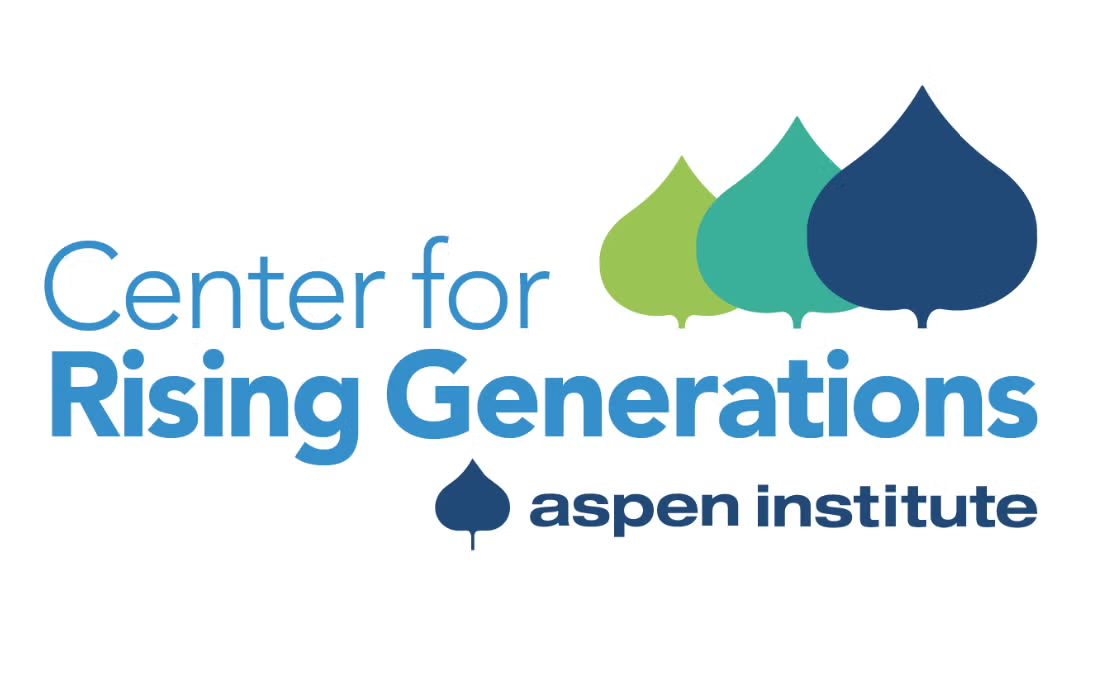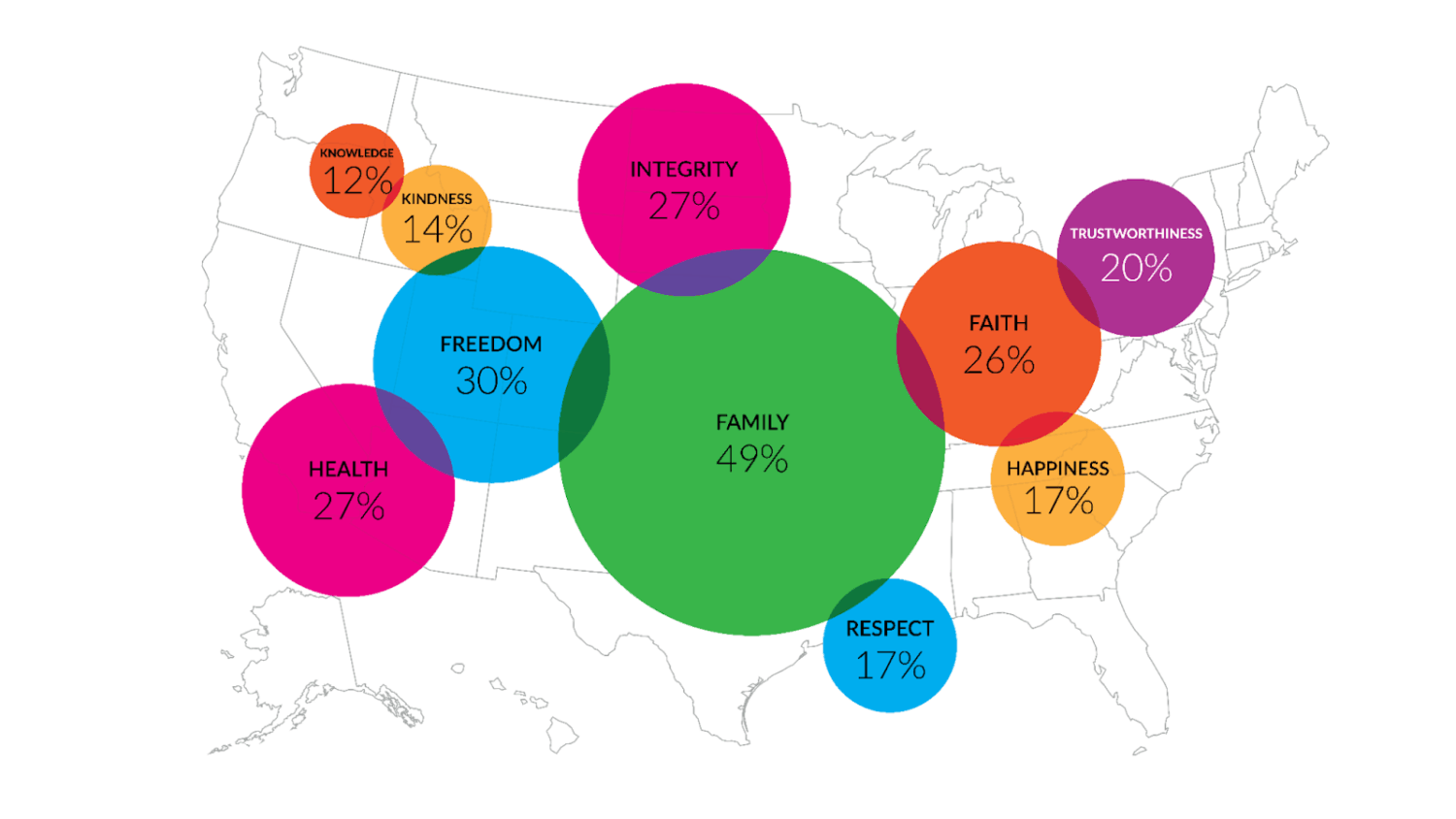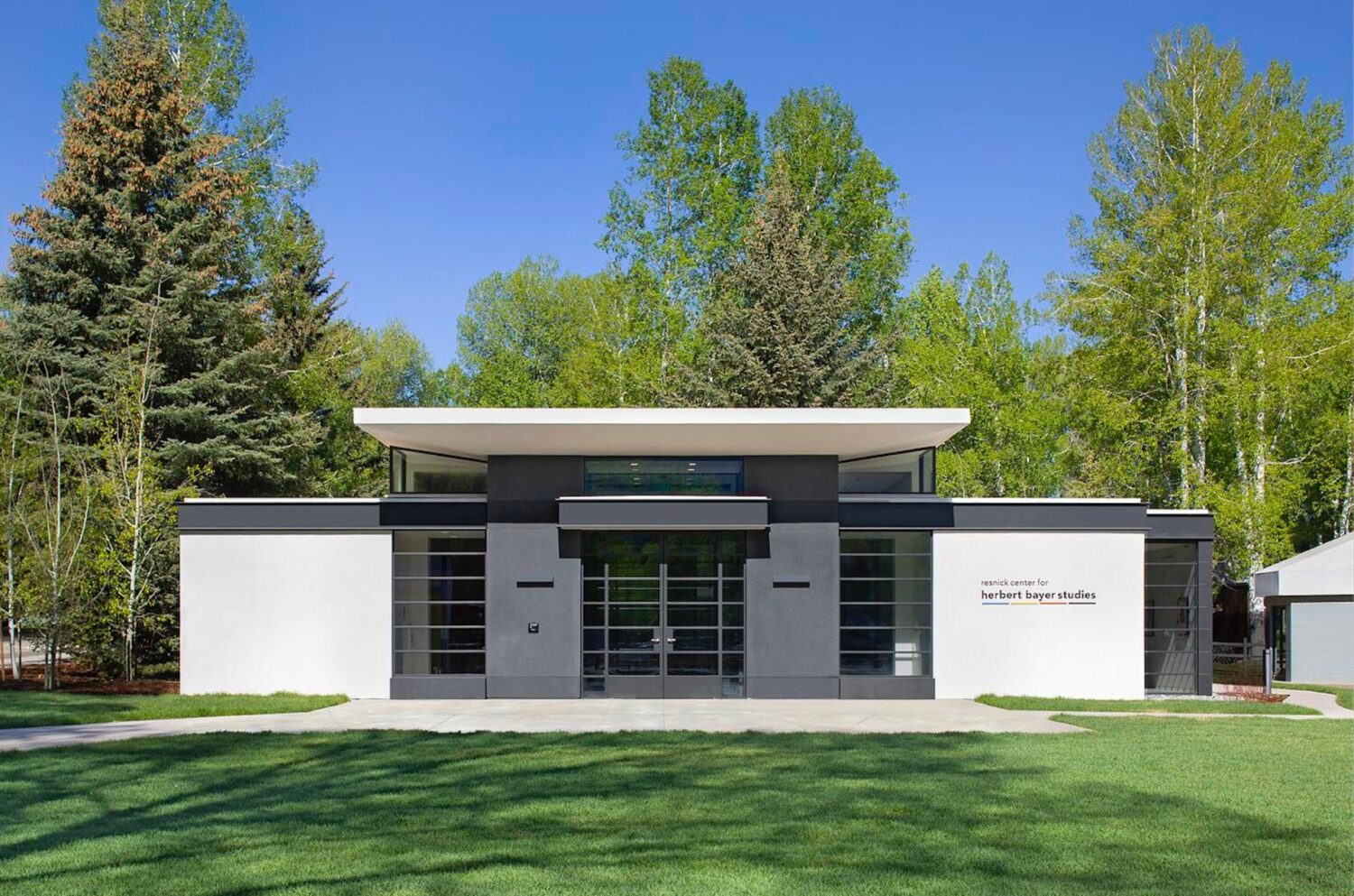FOR IMMEDIATE RELEASE
Contact:
AWF: (U.S.) Kathleen Garrigan, +1 202 939 3326, kgarrigan@awf.org
AWF: (Africa) Beatrice Karanja, +254 735 632 811, bkaranja@awf.org
ASPEN: Nicole Buckley, +1.212.895.8005, nicole.buckley@aspeninstitute.org
Sino–African Group Urges for Wildlife Conservation Action at the Forum on China–Africa Cooperation
High profile roundtable at Kruger National Park underscores need for Sino-African collaboration
on wildlife conservation and sustainable development
JOHANNESBURG—On the eve of the heads-of-state summit of the Forum on China–Africa Cooperation in South Africa, a group of respected Chinese and African civil society leaders and celebrities called the China-Africa Wildlife Conservation Council are shining a spotlight on the role of wildlife conservation in sustainable economic development.
The China-Africa Wildlife Conservation Council is a group of civil society and business leaders convened by the African Wildlife Foundation and the Aspen Institute to serve as a people-to-people platform for supporting China-Africa cooperation on wildlife and wild lands conservation, sustainable economic development, and governance. This Council exists as a cultural and economic exchange to deepen cooperation and support the governments of China and the African states in the joint commitment to protecting and African wildlife and expanding wild lands conservation as the foundation of a sustainable human economy in Africa.
Following two years of work, the group met this week for a three-day field visit and roundtable in Kruger National Park, facilitated by the African Wildlife Foundation (AWF) and the Aspen Institute. Chinese film star Wang Baoqiang and Tanzanian singer-songwriter Alikiba joined the delegation.
Following the roundtable, the Council has released a statement supporting the governments of China and the African states in their active commitment to conserve Africa’s wildlife, recommending that China strengthen its ongoing collaboration with African countries to conserve natural wild land habitats by expanding the continent’s protected area system. The group has also recommended that the FOCAC Declaration and Action Plan explicitly reference the need to set aside and protect large areas for terrestrial and marine conservation. (See “Statement from the China-Africa Wildlife Conservation Council” for more detail.)
“In the lead up to this year’s FOCAC, we have held a number of meetings in Beijing, Nairobi and Kigali, where we have discussed extensively the illegal wildlife trade that is fueling the poaching in Africa,” said Dr. Patrick Bergin, African Wildlife Foundation CEO. “This trip gave dialogue participants a chance to see and hear firsthand about the devastation that poaching has wrought on Kruger’s rhino population.” As of August this year, South Africa had lost 749 rhinos, the majority from Kruger.
For many of the participants from China, including actor Wang Baoqiang, the trip to Kruger was their first time visiting a national park in Africa. “I have always loved being out in nature, and I enjoyed seeing Africa’s elephants, rhinos and other wildlife for the first time,” said Wang. “The upcoming summit in South Africa highlights the strong relationship between China and Africa, and I am happy to be a part of the discussions around how all Chinese and Africans can work together to ensure sustainable development in Africa.”
Singer-songwriter Alikiba, who is a wildlife ambassador in his native Tanzania, noted that celebrities as well as government leaders and conservationists have a role to play in protecting wildlife. “My country has lost many of its elephants in the last few years due to poaching, and we must all find ways to work together to stop the killing and safeguard our wild lands,” said Alikiba. “As a musician and artist, I am using my platform to bring attention to this crisis and inspire people to get involved.”
Key outputs from the initiative to date have included:
- A formal recommendation—supported by former Presidents Festus Mogae of Botswana and Benjamin Mkapa of Tanzania—promoting the protection of Africa’s wildlife and wild lands as a priority in the continent’s development agenda was integrated into the African Union’s final Vision 2063 document.
- A formal proposal to include topics of wildlife and wild lands protection within the 6th Forum on China–Africa Cooperation (FOCAC) was submitted to the African Ambassadors Group in Beijing, along with supporting technical information to serve as a resource for submitting these issues into the formal FOCAC process.
- A proposal to include wildlife on the diplomatic agenda of FOCAC was also submitted directly to South Africa’s Departments of Environmental Affairs and Tourism. In response, the Department of Environmental Affairs requested the submission of formal commitments for inclusion in the FOCAC action plan.
Editor’s Note: To access images, fact sheets, a list of Dialogue participants and for more information about the Dialogue Series, a Press Kit is available at https://goo.gl/golSHv. Photo credit information is provided in the file name of each folder. Additional quotes from members of the China-Africa Wildlife Conservation Council can also be found in the Press Kit.
# # #
About African Wildlife Foundation
Founded in 1961, the African Wildlife Foundation (AWF) is a leading conservation organization focused solely on the African continent. AWF’s programs and conservation strategies are based on sound science and designed to protect both the wild lands and wildlife of Africa and ensure a more sustainable future for Africa’s people. Since its inception, AWF has protected endangered species and land, promoted conservation enterprises that benefit local African communities, and trained hundreds of African nationals in conservation—all to ensure the survival of Africa’s unparalleled wildlife heritage. AWF is a nonprofit organization headquartered in Kenya and registered as a 501(c)(3) in the United States. For more information, visit www.awf.org and follow us on Twitter @AWF_Official and Facebook at facebook.com/AfricanWildlifeFoundation.
About the Aspen Institute
The Aspen Institute is an educational and policy studies organization based in Washington, D.C. Its mission is to foster leadership based on enduring values and to provide a nonpartisan venue for dealing with critical issues. The Institute has campuses in Aspen, Colorado, and on the Wye River on Maryland’s Eastern Shore. It also maintains offices in New York City and has an international network of partners.
Using a method approach developed over decades of convening, the Aspen Institute’s Track II dialogue method aims to: 1) Foster trust and understanding through sustained, direct exchanges involving influential actors on both sides; 2) Outline recommendations and plan of action for advancing cooperation on both sides of the issue; and 3) Identify top-line issues and areas that participants can actively support and champion. Aspen’s approach to Track II dialogue is grounded in the historical efficacy of moving entrenched discussions or positions through unofficial dialogues, comprised of prominent and influential experts and former officials.






